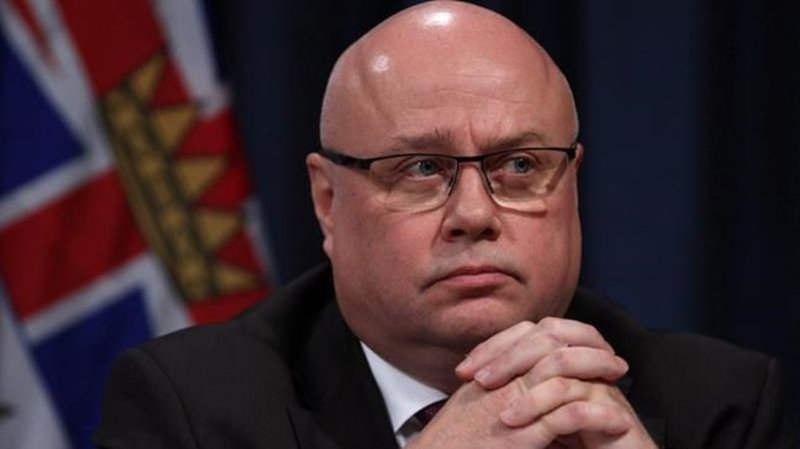
Change needed for access, outreach: B.C. police complaints commissioner
VANCOUVER — Accessibility to British Columbia’s municipal police complaints process can and should be improved, its commissioner says, as the office faces criticism from both legal advocates and the head of Vancouver’s police union.
Clayton Pecknold, who was appointed to the role in 2019, said in an interview he’s aware of criticism over how his office responds to complaints against local police forces and officers.
“We want to expand our ability to be accessible and our ability to lower the barriers to the police complaints process,” he said. “We absolutely want to improve that.”
Part of the issue, he said, is making it clear that his office only investigates the 14 municipal police departments in B.C., not the RCMP.


